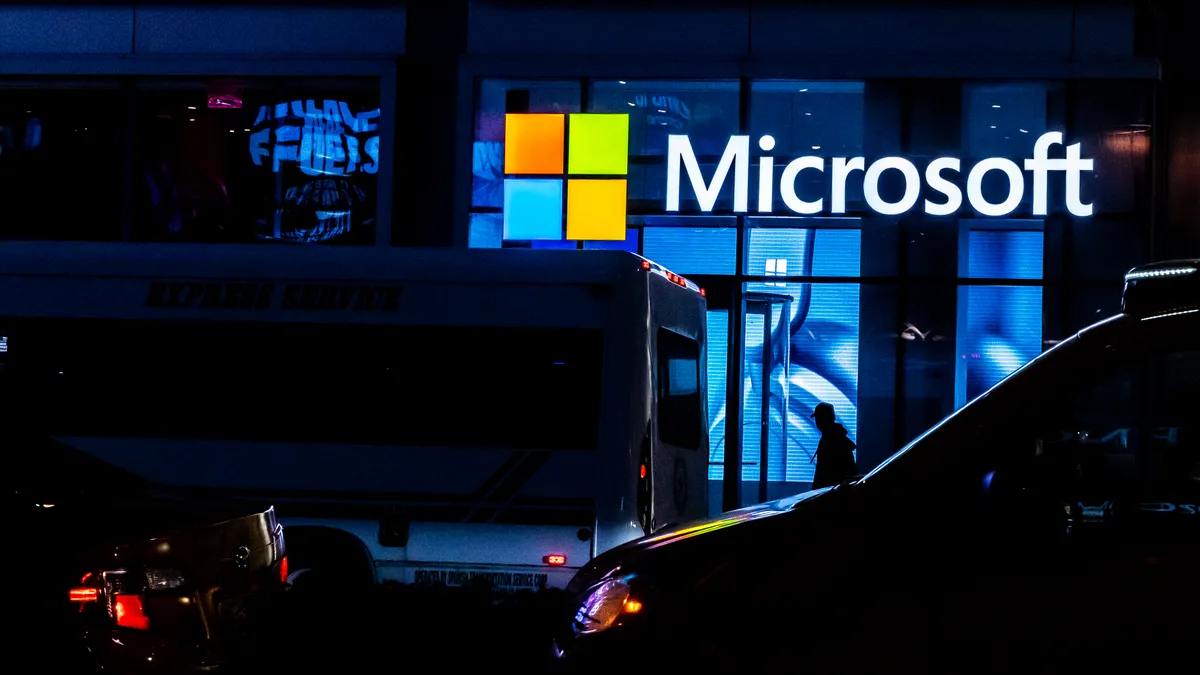Dive Brief:
- Microsoft announced Thursday that it would follow an “open and constructive approach” to union organization from its employees, following public unionization movements at other Big Tech companies.
- While the announcement emphasizes that employees do not need to form a union to be heard by company leaders, it also noted that employees have a legal right to choose to form a union and that the company is “committed to creative and collaborative approaches with unions when employees wish to exercise their rights and Microsoft is presented with a specific unionization proposal.”
- An Activision Blizzard subsidiary voted to form a union at the end of May. Microsoft is currently in the process of acquiring Activision Blizzard.
Dive Insight:
Unionization efforts have heated up in the tech industry. Amazon, in particular, has faced a very public battle with unionization at a few of its facilities. In April, a New York facility voted to form the company’s first union, and a battle continues over the results of an Amazon union election in Bessemer, Alabama.
But amid a worker-friendly job market and a fraught past few years, unions have seen heightened activity across various sectors. Retail has seen its share of unionization, including at companies like Starbucks and REI, and a slew of strikes broke out toward the end of 2021, highlighting the growth of worker power at companies.
Top demands during #Striketober included better pay, more flexible hours and more time off — particularly from frontline workers who may not have been eligible for benefits given to office workers during the pandemic, experts told HR Dive.
One way to head off potential problems is to regularly solicit — and act upon — employee feedback. Employers that did so were 11 times more likely to have high employee retention compared to employers who didn’t, a Perceptyx survey released in April said. Notably, healthcare and retail employers were more likely to report listening to employees with less frequency compared to other industries. These industries also faced the brunt of recent strike and unionization activities, as well as high turnover and labor shortages.














